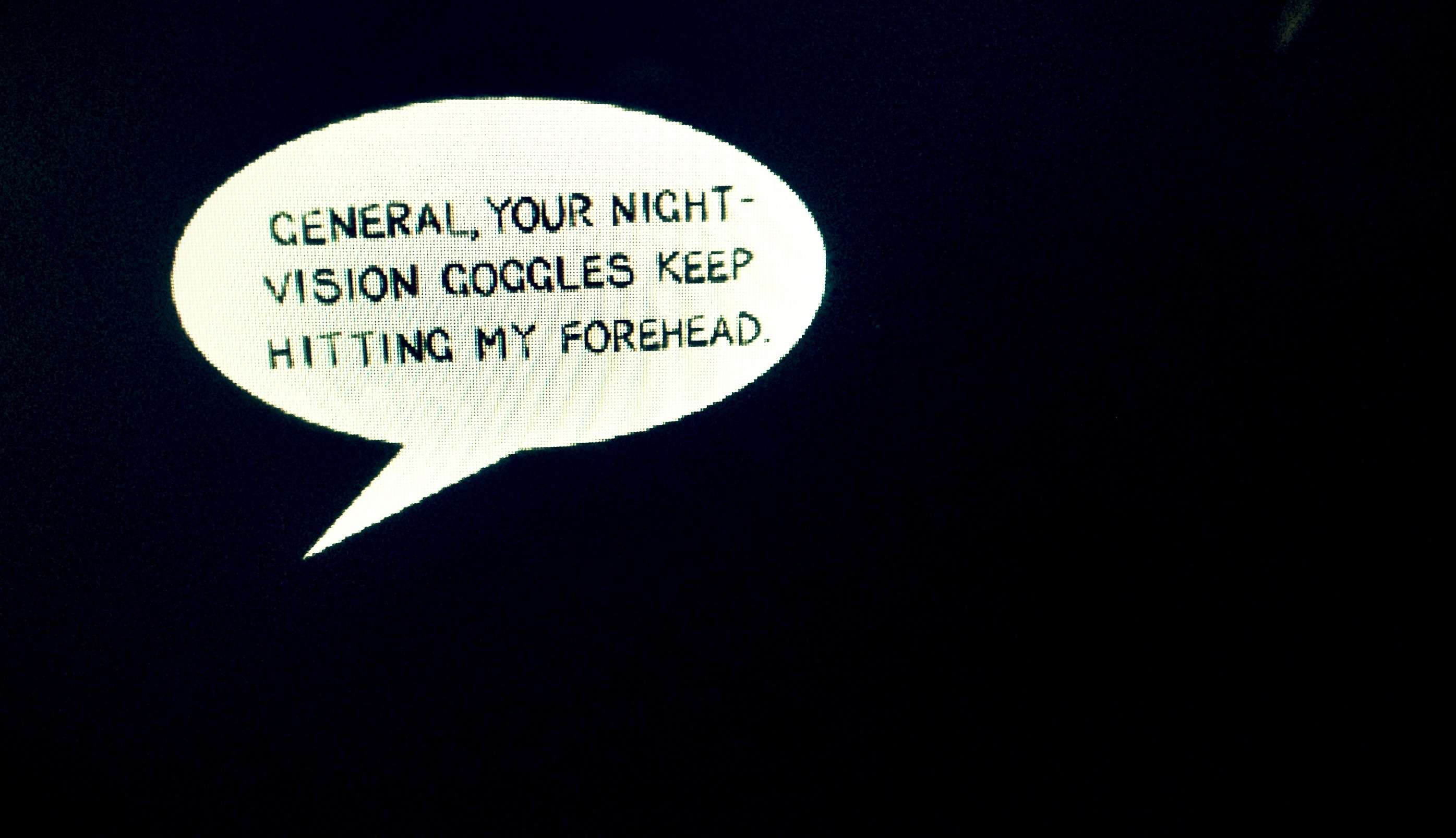It's been a while now since the fall of US General David Petraeus from his post-military job as head of the CIA and all the weird stuff about half naked FBI agents, duelling socialites, and fluffy emails that followed. I first read about Petraeus in journalist Tom Ricks' book on the US-Iraq war, Fiasco, where he emerged as one of the few smart and capable US generals to have emerged from that sad business.
Since the Petraeus business there have been a lot of clever but predictable jokes on late night TV about the "military adultery complex". A more thoughtful comment came from Adam Gopnik in The New Yorker magazine, who wondered why we are surprised that generals should give in to a basic human instinct. "Desire", Gopnik writes, "is not subject to the language of judicious choice, or it would not be desire, with a language all its own. The point of lust, not to put too fine a point on it, is that it lures us to do dumb stuff, and the fact that the dumb stuff gets done is continuing proof of its power."
I agree with Gopnik that senior military men can be led by lust to do dumb stuff just as well as ordinary mortals, even though militaries tend to frown on sexual misconduct. Anyone in The Canadian Army familiar with the downfall of General Menard will know this to be true. However, after reading "General Failure", hisarticle in the current issue of The Atlantic Magazine, I find myself agreeing with journalist Tom Ricks that what a general does with his genitals is the least of the problem.
Going back to the US Army's experience in Western Europe from 1944-45, Ricks notes that the sacking of senior commanders (6 Army divisional and 5 corps commanders) was quite common. This is not surprising, he argues, since a general must master a highly demanding skills set, and be able to lead in a complex situation of maximum stress and physical demands. Not everyone met that standard, and the demands of facing a professional and competent German army required pitiless culling of inferior leaders. Compare that era to America's last ten years of war, where an internal culture of military careerism, abetted by an outside lack of interest and understanding of the military by civilian journalists and politicians, protects lacklustre generals. As Ricks writes, "Relief of generals has become so rare that, as Lieutenant Colonel Paul Yingling noted during the Iraq War, a private who loses his rifle is now punished more than a general who loses his part of a war."
Ricks' Atlantic article is a condensed version of the argument in his new book, The Generals: American Military Command From World War Two To Today, reviewed herein the New York Times. This book is definitely one I am hoping to read over the Christmas holidays.
If you want more of Ricks on this subject, you can watch his Dec 4 interview on the PBS News Hour here.



1 comment:
Very interesting Mike - that last sentiment about privates/rifles and generals/wars is particularly good ... I feel the military has become very civilianised, and career soldiers now expect to be promoted, even when they aren't competent to command large armies. And because (thankfully) we don't have total wars any more, often its too late - you don't know they can't lead until they've lost the battle.
Post a Comment